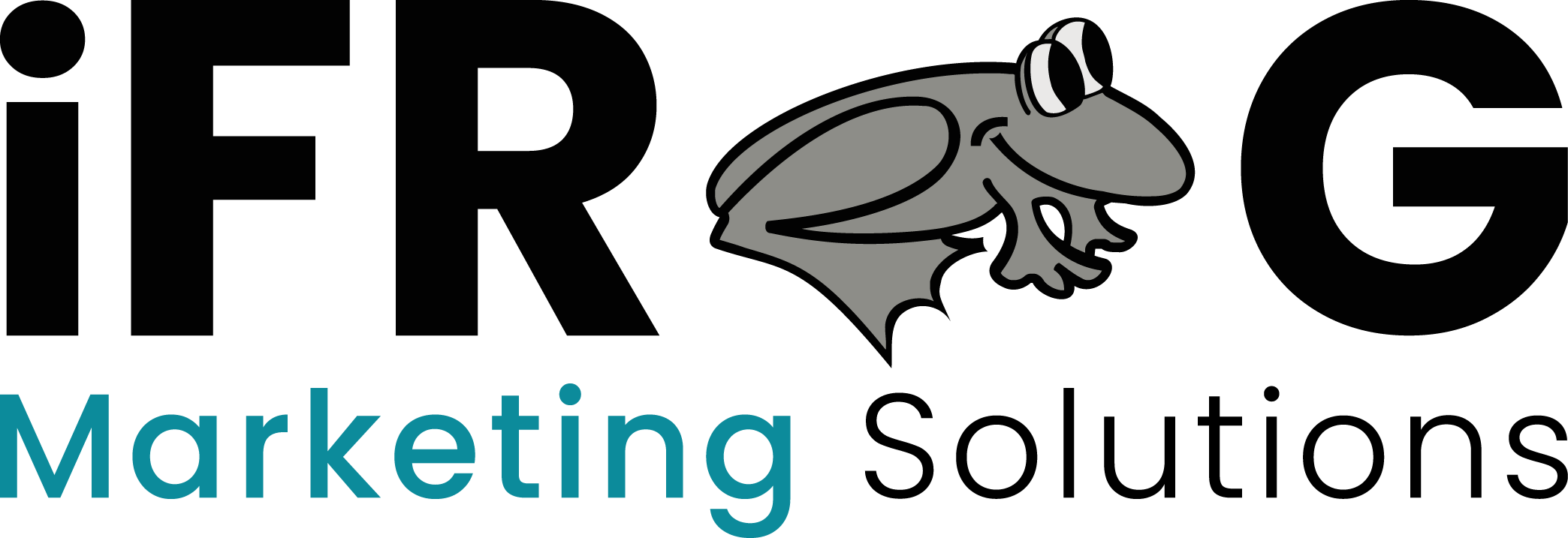Businesses are constantly striving to improve their online presence and drive measurable results. To achieve success, it's essential to understand the concepts of macro conversions and micro conversions. These terms refer to the primary and secondary goals, respectively, that businesses aim to accomplish through their digital marketing efforts.
Let’s delve into the differences between macro conversions and micro conversions and explore how they contribute to overall marketing success.
What are Macro Conversions?
Macro conversions are the primary goals that businesses set for their digital marketing campaigns. These objectives typically involve important actions that indicate significant progress towards business success, such as completing a purchase, filling out a lead form, or subscribing to a service. Macro conversions are directly tied to revenue generation, customer acquisition, or other critical business metrics. They are the key performance indicators (KPIs) that indicate the ultimate success or failure of a marketing campaign.
What are Micro Conversions?
While macro conversions focus on the ultimate goal, micro conversions represent smaller, incremental actions that users take on a website or digital platform. These actions serve as valuable indicators of user engagement and can contribute to the overall success of a marketing strategy. Examples are:
- Creating an account for the website or business.
- Newsletter or email marketing signups.
- Adding items to a cart for later.
- Watching a video in its entirety.
- Browsing a catalog.
- Liking a product.

The Relationship Between Macro Conversions and Micro Conversions
Macro conversions and micro conversions are closely interconnected and form a holistic approach to digital marketing. Micro conversions can act as stepping stones towards achieving macro conversions. By analyzing user behavior and tracking micro conversions, marketers can optimize their campaigns, identify bottlenecks, and implement strategies to increase the likelihood of macro conversions.
Benefits of Macro Conversions
Macro conversions are essential for businesses as they directly impact the bottom line. They signify successful outcomes, such as actual sales, qualified leads, or new customers. Achieving macro conversions provides measurable proof of the effectiveness of a marketing campaign, helps justify the allocated resources, and guides strategic decision-making.
Importance of Micro Conversions
Micro conversions are critical in building trust, engagement, and long-term customer relationships. They allow marketers to understand user behavior, identify pain points in the conversion funnel, and make data-driven optimizations. By focusing on micro conversions, businesses can create personalized experiences, nurture leads, and ultimately increase the chances of users converting into paying customers.
Optimizing Macro Conversions and Micro Conversions
To maximize marketing success, it is crucial to optimize both macro conversions and micro conversions. A comprehensive approach involves analyzing conversion data, implementing user-friendly design, streamlining the conversion process, and offering personalized content. By continually monitoring and optimizing these key metrics, businesses can enhance user experiences, increase conversion rates, and drive overall growth.
Convert to iFrog
Macro conversions and micro conversions are two fundamental concepts in digital marketing, each playing a crucial role in driving success. While macro conversions provide a clear indication of business performance, micro conversions act as stepping stones, offering valuable insights into user behavior. By understanding and optimizing both metrics, businesses can build effective marketing strategies that drive conversions, foster customer relationships, and fuel growth in the digital landscape.
iFrog’s full-service marketing model can set you up for successes big and small, from email marketing, to paid media, to even a well-placed and branded billboard that lingers in the shoppers’ mind, perhaps leading to a purchase down the road. Contact us today or email us at sales@ifrog.com for a consultation.

.jpg)
Comment